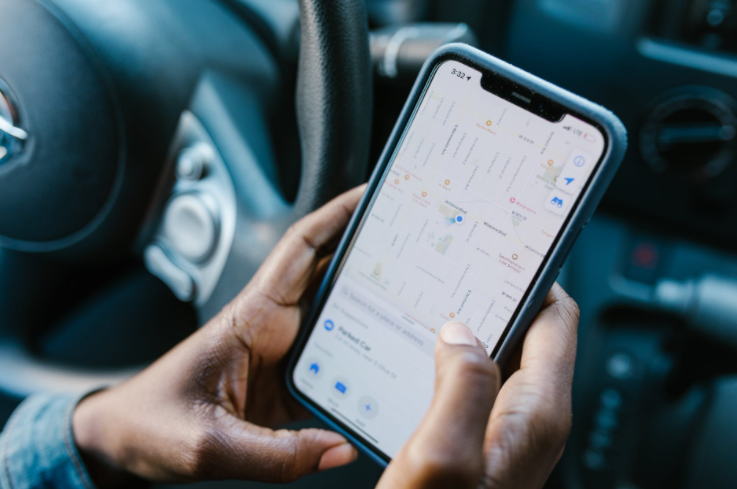
Uber is now expanding its software as a service business with three new public transit partnerships. The popular ride-hailing company announced that it would be selling the software that powers its business to public transit agencies located in Denver, Colorado; Cecil County, Maryland; and Porterville, California.
Uber partners up with public transits
The news comes amid Uber's push into public transit and partnering up with more cities and counties.
Denver's Regional Transportation District will begin using Uber's management software within this week to manage its fleet of wheelchair-accessible vehicles.
Cecil Transit and Porterville Transit will follow in the next few weeks. For a subscription fee, these transit agencies will be able to use the matching and marketplace technology that Uber uses to facilitate on-demand community rides using their own transit fleet.
Uber refused to disclose the financial details of the agreements, but an executive said that providing software presented higher margins for the company than traditional ride-hail services.
Uber announced its very first transit deal back in July 2020 with Marin County in the San Francisco Bay Area.
As part of the transit deal, the Transportation Authority of Marin pays Uber a subscription fee to use its software to facilitate requesting, matching, and tracking its vehicle flee.
Aside from Marin County in San Francisco, the Cape May County in New Jersey is also a customer of Uber's service program.
Starting this month, Cecil Transit will use Uber's software to transport rides in recovery seeking access to essential services, employment, appointments, and recovery programs.
Meanwhile, Porterville Transit, based between Fresno and Bakersfield, will roll out transit vehicles with Uber's software to the members of its community in early May.
Porterville previously had used a software company called Transloc, which is owned by Ford, but changed to Uber for enhanced reliability.
Uber's road to public service
Over the years, Uber has been accused of competing with and poaching riders from trains, subways, and buses.
The decreasing number of people who ride buses and subways is all due to the rise of app-based ride-hailing companies in dozens of cities across the United States.
Just recently, Uber has added transit directions and ticketing to its app in some cities in the hopes that by giving transit service a chance in its own app, it can minimize the backlash. It also acquired an Atlanta-based company called Routematch, which sells software to public transit agencies for dispatching, data management, trip booking, and ticketing.
In 2020, Uber announced that it would start selling train and bus tickets through its app for customers in Denver, according to The Verge.
The company has integrated public transportation schedules and directions into its app for over a dozen other cities.
As of this year, Uber reported that more than 2 million riders have already tried Uber Transit.
According to Reuters, Uber's move into transit service comes at a time when Uber's core ride-hail business has taken a massive hit during the peak of the coronavirus pandemic.
On Apr. 12, Uber stated that its mobility business was recovering as more Americans got vaccinated and its global mobility business last month posted its best month since the pandemic began.
Related Article : Uber Willing to Follow UK's Minimum Wage Policy for Drivers with Holiday Pay and Pension
This article is owned by Tech Times
Written by: Sieeka Khan
![Apple Watch Series 10 [GPS 42mm]](https://d.techtimes.com/en/full/453899/apple-watch-series-10-gps-42mm.jpg?w=184&h=103&f=9fb3c2ea2db928c663d1d2eadbcb3e52)



